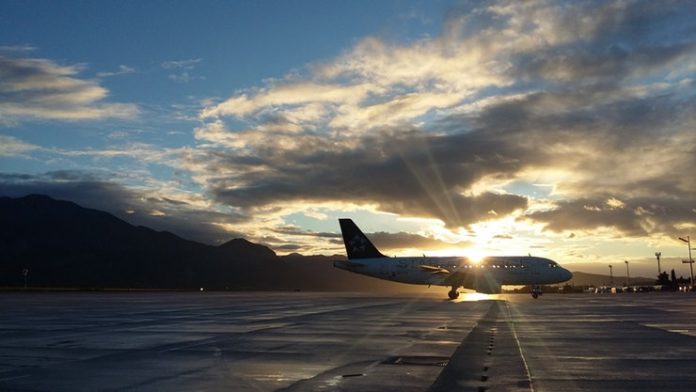The American Hotel & Lodging Association (AHLA) hosted the latest edition of its Forum Speaker Series on January 21 just as the association released its first-ever State of the Industry Report. Offering insights into the year ahead and beyond were Mark Hoplamazian, president and CEO of Hyatt Hotels Corporation and AHLA chair of the board, and Robert Isom, president of American Airlines, who joined Chip Rogers, president and CEO of AHLA, to discuss how the travel industry should prepare for the short term during the pandemic and the long term post-COVID-19. Their discussion focused on the need to unite and support the government’s legislative and public health efforts—especially vaccine distribution—that they say are critical to a full recovery in the United States. They also mentioned the importance of leading by example, their faith in the future of the industry, and their common belief that the human desire to connect—both personally and professionally—will ultimately restore the industry to its pre-pandemic levels.
Reed shared report findings on the toll the pandemic has taken on the industry, which shed 4 million jobs and rendered business travel virtually nonexistent as virtual meetings continue to be the chief communication tool. The report held that leisure travel is expected to lead the recovery—with 56 percent of Americans planning leisure travel in 2021—while business travel’s slow return will not likely reach 2019 levels until at least 2023.
Asked about his priorities for the coming year, Hoplamazian responded, “My priorities here at Hyatt are the same priorities I have as AHLA chair and that my colleagues here share. We’ve got to rebuild and build back, to borrow a well-known campaign phrase. There’s a real change in tone out of Washington with respect to the federal government’s COVID response. I think we need to stay focused on helping get a longer-term stimulus in place and accelerate vaccine distribution.”
Isom noted some of the steps already taken by the airline industry, including its role in the distribution of the vaccine, as well as improvements in hygiene and air quality that he says account for the low rate of coronavirus infection among flight attendants. His own highest priority, he says, is to do whatever is necessary to get the industry back on track. Citing the failure of the United States to successfully control the virus with approaches that have succeeded in other countries, Isom shared what he sees as the “cure” for the travel industry: “It just comes down to getting vaccinations done as fast as humanly possible.”
The speakers also expressed the belief that restoring business travel is not just essential to the industry—it’s an important element in business relationships. While they observed that there are mixed beliefs on whether or not productivity has suffered as people work remotely, Hoplamazian says human engagement is part of company culture in that it provides “a sense of identity, belonging, and that is part of the value equation for hiring.” As Isom puts it, “We’re doing what we need to now, but there will inevitably be a need for personal connection.”
This desire to connect, they said, is something that is at the heart of travel—bringing people together without the concern for borders, something they said will continue to hamper international travel in particular, while U.S. infection rates soar.
“COVID-19 has wiped out 10 years of hotel job growth. Yet the hallmark of hospitality is endless optimism, and I am confident in the future of our industry,” said Rogers. Isom concurred, saying, “I’m closing the books on 2020, but I’m bullish in the long run.”
The next Forum Speaker Series session—Consumer & Business Travel Trends in 2021 & Beyond—will be held on January 26, 2021.











